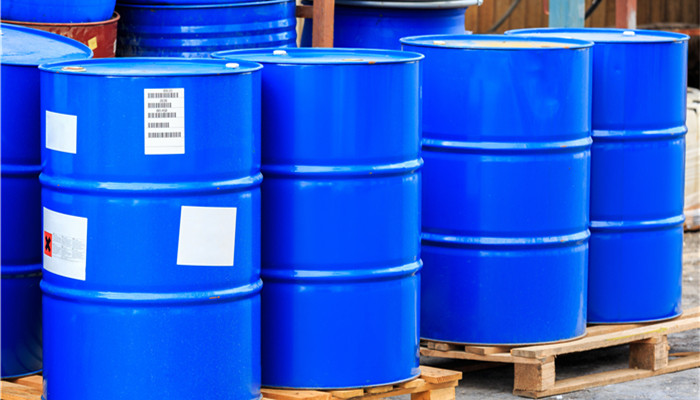
Polypropylene carbonate (PPC) has broad prospects and production technology needs to be improved
Polypropylene carbonate (PPC), also known as polymethylethylene carbonate, is a completely degradable and environmentally friendly plastic whose raw materials are mainly carbon dioxide and propylene oxide. In its general state, it is a light yellow or white transparent semi-solid or solid, easily soluble in acetone, benzene, chloroform, ethyl acetate, swollen in a reasonable proportion of acetone and ethanol, and insoluble in water, alcohol and ether solvents.
Polypropylene carbonate (PPC) has a development history of more than 20 years in my country. At present, my country is the world’s major producer and demander of polypropylene carbonate (PPC). From the perspective of production technology, the domestic polypropylene carbonate (PPC) production technology continues to improve, and the polypropylene carbonate (PPC) industry has entered the stage of large-scale production.
From the perspective of market demand, domestic polypropylene carbonate (PPC) products are mainly used in agricultural films, medical materials, food packaging, adhesives and other fields. As researchers modify polypropylene carbonate (PPC) As more and more research results have been obtained in this field, and as domestic residents’ awareness of environmental protection continues to increase, the application of polypropylene carbonate (PPC) in agricultural films, medical materials, food packaging, adhesives and other fields will further increase. Therefore, the polypropylene carbonate (PPC) market still has considerable room for improvement.
From an environmental protection perspective, polypropylene carbonate (PPC) is a biodegradable plastic that has been studied more by researchers in recent years. It helps solve problems such as resource shortages and environmental pollution, and at the same time reduces industrial carbon dioxide emissions. , it is also of great significance in controlling the greenhouse effect. Therefore, from an environmental protection perspective, polypropylene carbonate (PPC) has broad application prospects in the future.
Polypropylene carbonate (PPC) is an aliphatic polycarbonate and a typical biodegradable plastic. Since the 1980s, Dow Chemical of the United States, Mitsubishi Chemical of Japan, and LG Chemical of South Korea have successively invested in product development and industrialization. Production, but due to insufficient synthesis technology and insufficient research on the physical and chemical properties of products, most international companies have stopped related product research and development work. At present, there are only a small number of companies in the world that can realize the industrial production of polypropylene carbonate (PPC), mainly Per-muthane Company and Empower Materials Company in the United States.
From a domestic perspective, my country’s polypropylene carbonate (PPC) research began in the 1990s, which started later than in European and American countries. The main domestic research units on polypropylene carbonate (PPC) are the Chinese Academy of Sciences, Sun Yat-sen University, Lanzhou Institute of Chemistry, etc. The main companies are Nanyang Zhongju Tianguan Low Carbon Technology Co., Ltd., Jiangsu Zhongke Jinlong Chemical Co., Ltd., Inner Mongolia Mongolia West High-tech Group Co., Ltd., etc. According to the “Polypropylene Carbonate (PPC) Industry In-depth Market Research and Investment Strategy Suggestions Report 2023-2028” released by the Industrial Research Center shows that during the “14th Five-Year Plan” period, China’s polypropylene carbonate (PPC) production capacity will reach 630,000 tons/year.
Industrial analysts believe that although my country’s technical research on polypropylene carbonate (PPC) products has continued to make breakthroughs in recent years, the downstream The market demand level is also constantly increasing. Compared with other downstream alternative products, the advantages of polypropylene carbonate (PPC) in production technology are still not obvious, there are certain defects in product performance, and the research and development of modified products has not yet achieved substantial results. With the rapid development of the industry, product prices are basically at a high level, which has brought great obstacles to the development of the industry. Overall, the current technical level of China’s polypropylene carbonate (PPC) manufacturers still needs to be improved.

 微信扫一扫打赏
微信扫一扫打赏

